Curiosity isn't just for cats or cartoon monkeys. In fact, it may be one of the most powerful marketing forces that exists in the world today (and one I even wrote a guide for using several years ago). Thanks to a combination of our natural human urges and what constitutes a "breaking story" in today's media environment – curiosity has been taking on a whole new significance lately.
Today, for example, the two LEADING media stories that people can't stop sharing, tweeting and talking about both peak our curiosity through their irresistable uselessness:
Pandas On A Slide:
San Diego Sets Off All Their Fireworks Simultaneously:
Both of these reminded me of a moment last year when I took a screen grab of the homepage of Yahoo. The lead story featured a headline of just three words: "Squirrel Dodges Lamborghini." At the time I tweeted about it, and dared people not to click the link. Few people were able to resist – just to see what the video would show them.
This drive to "see what happens" has always been a natural human behaviour. The ancient Roman thinker Cicero talked about curiosity as a "passion for learning" – and the noted Harvard psychologist Robert White in the 1960s wrote a groundbreaking paper about this human need to learn, calling it our "urge towards competence." For thousands of years, curiosity has been associated with learning and intellect. The best scientists were always curious about the world around them, for example. But curiosity means something else today.
Curiosity has shifted from a need to learn into a need for simulation. The phrase "for curiosity's sake" is just one example of how we think about curiosity today. In 2009 a veteran journalist named Charles P. Pierce wrote a brilliantly satirical book called "Idiot America: How Stupidity Became A virtue In The Land of the Free" all about the glorification of ignorance in our culture.
Just wanting to "see what happens" has led to voyeuristic shows about misbehaving housewives, 450 pound "biggest losers" and anyone's silliest home videos memorializing their stupidity in exchange for cash payouts. The annual "tradition" for the 4th of July includes the idiotically American spectacle of a hot dog eating contest. No wonder we love the pandas. But there's a lesson in this as well. Curiosity will continue to have a hold on why people watch certain content and share it with others. In a world where there are more ways ot waste time than ever before, this new form of curiosity is likely here to stay.
The optimistic hope in this is that maybe over time we'll learn that "just seeing what happens" may actually become a legitimate form of learning as well. After all, you never know when you might need to dodge a Lamborghini for yourself …







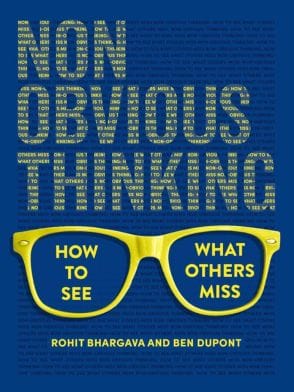

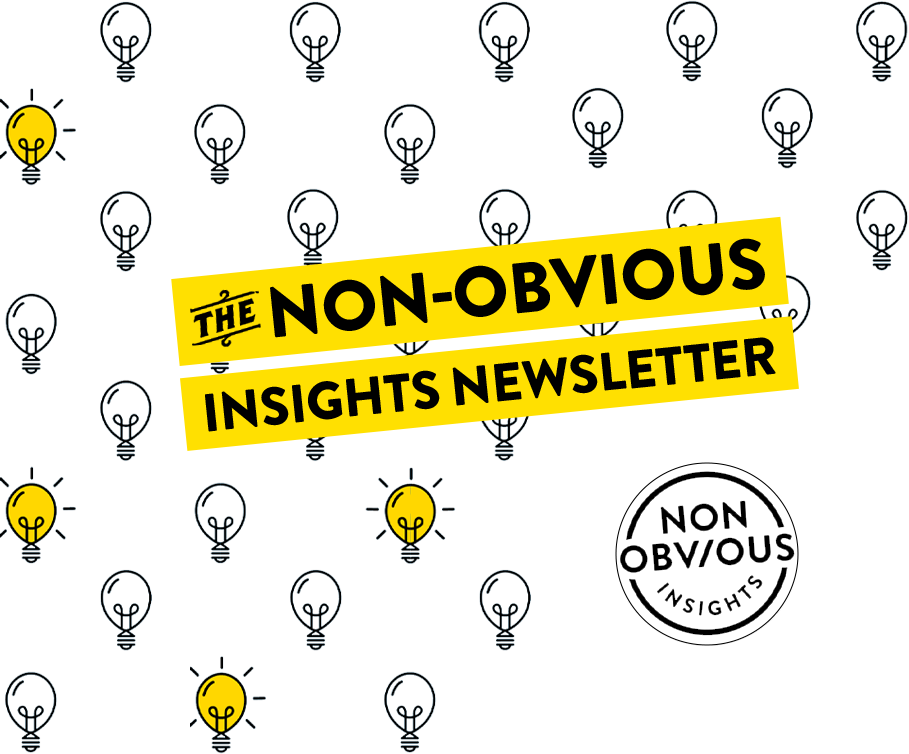


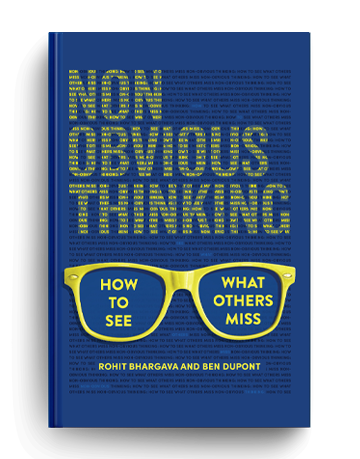
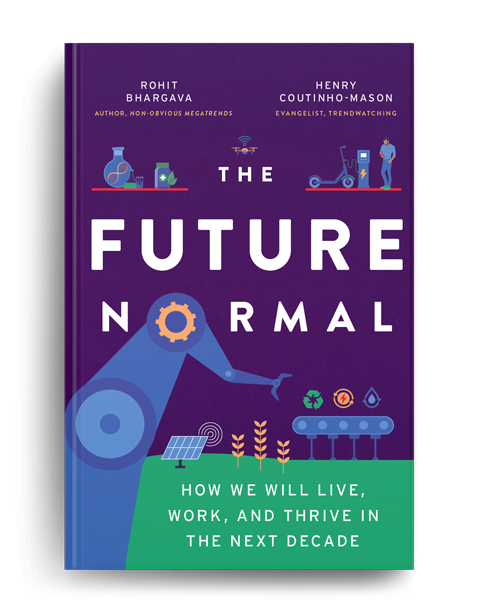
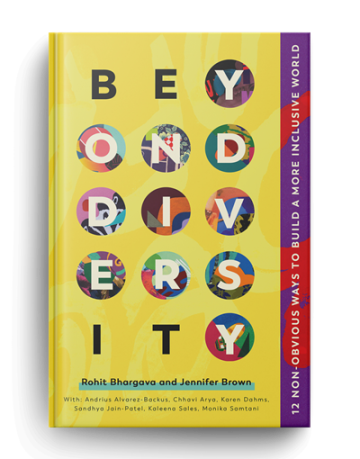
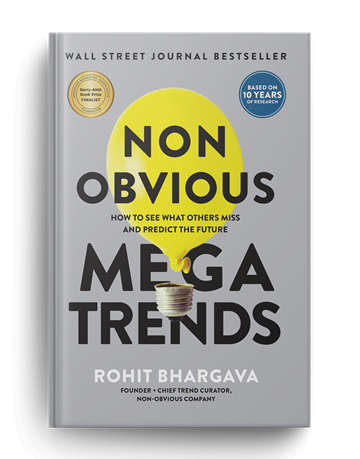
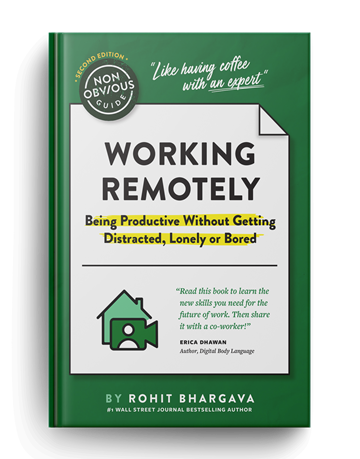
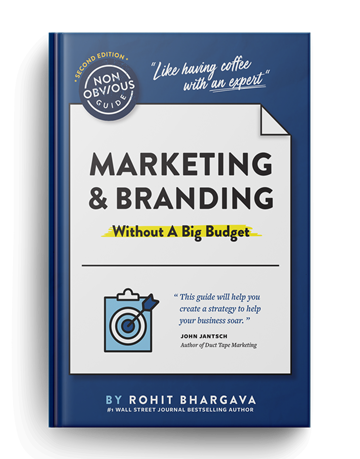
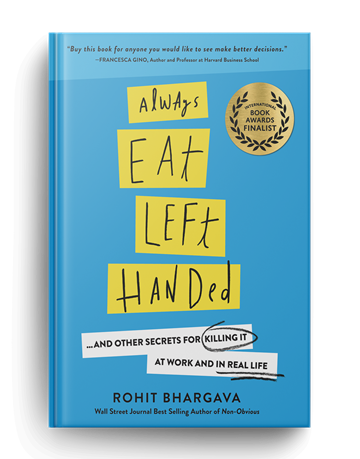
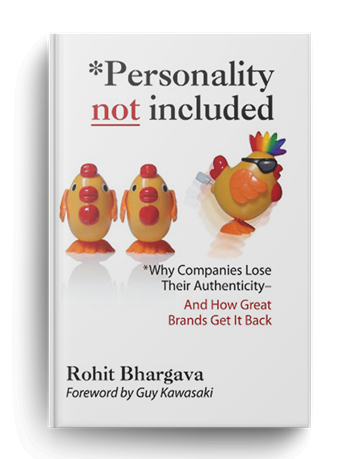
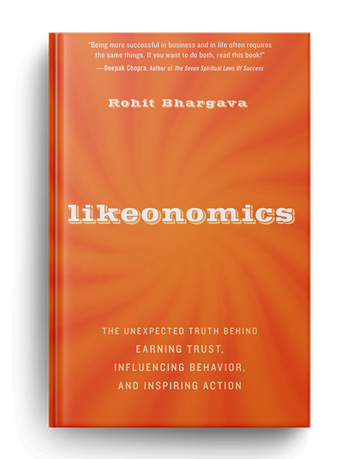


Great take on curiosity. It has implications on consumer behavior. People’s curiosity has taken on the need for simulation, especially because of technological developments that allow them to “see what happens” with minimal risk.
Excellent article. Cheers to you for the slam at reality shows, a lurid aspect of American culture, to be certain. Glad I don’t own a TV. Thoughtful post, curiosity always starts with a question…
lol, feel the same about programs like embarrassing bodies, a phenomenon I will never understood why people watch it let alone, go on it, can only curiosity verging on voyeurism!
Today, for example, the two LEADING media stories that people can’t stop sharing, tweeting and talking about both peak our curiosity through their irresistable uselessness: